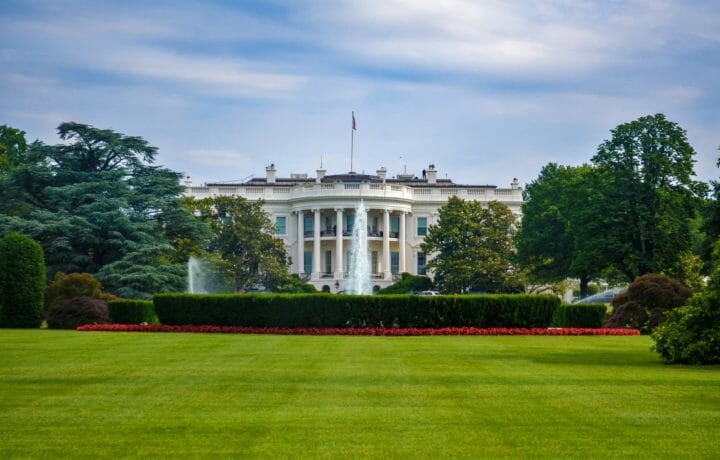The White House’s removal of a half-dozen staffers due to their admitted use of marijuana has caused quite the tizzy in Washington D.C. . In hindsight, the action perhaps should have been accompanied with a primer for both media and the general public.
Those who are familiar with the national security clearance process or have read these pages know that drug use is a disqualifier for obtaining/retaining a national security clearance. Indeed, the SF-86 has a number of questions dedicated to past and present drug use to specifically filter out those who are currently using drugs. After all, these individuals will be responsible for safeguarding the nation’s secrets.
Biden’s White House
NBC reported, on February 26, how the Personnel Security Division at the White House, intends to waive the requirement for potential employees to the “Executive Office of the President” to be eligible for a TOP SECRET clearance. Officials said a waiver would only be granted to those who have used marijuana on a “limited” basis and who are in positions that don’t ultimately require a security clearance.”
Words are important.
The decision to not require all personnel within the Executive Office of the President to obtain a TOP SECRET security clearance is the noteworthy change.
Sandbagging employees?
The White House is being accused of sandbagging the affected employees.
The White House press secretary, Jen Psaki provides clarification, “We announced a few weeks ago that the White House had worked with the security service to update the policies to ensure that past marijuana use wouldn’t automatically disqualify staff from serving in the White House. As a result, more people will serve who would not have in the past with the same level of recent drug use. The bottom line is this: of the hundreds of people hired, only five people who had started working at the White House are no longer employed as a result of this policy.”
Social media lit up. Hundreds of arm-chair pundits pontificate on the ridiculousness of this particular personnel decision. Others noted how they had lied on their SF-86 about their marijuana usage, and encouraged all future applicants to do the same. A cogent discussion point may have been, that it is 2021 and perhaps legalization of marijuana at the federal level would obviate these type of discussions. Until then, federal law is, marijuana is illegal, including in states where marijuana use is legal. Yes it is confusing.
Only truth in the SF-86
What individuals don’t want to do is lie on their SF-86, ever. To do so is a felony offense, and has been enforced to the detriment of those who opted to take the path of omission or chose to include blatant lies.
By telling the truth, prior marijuana use can be mitigated, if the applicant is no longer involved with drugs, and it is unlikely won’t be involved with them in the future. And this were the rub is, and why those words are so important. The late-February guidance was interpreted by many to be a carte blanche re marijuana, when clearly the intent was to emphasize that “past” and “limited” use would not be disqualifiers for employment in positions not requiring a national security clearance.
“To some extent, the security clearance process is like Darwinism: only the strong survive,” advises security clearance attorney, Sean Bigley. He continues, “The White House is perhaps the best example of that, and for obvious reasons. If you’re working in close proximity to the President, the government has to be supremely confident in your sobriety and willingness to comply with rules and regulations. But there are also other considerations that come into play at the White House that aren’t typically a factor in most security clearance adjudications. Whether your past conduct could be embarrassing to the President if made public is one of the most significant. Past marijuana use may seem minor to most of us, but if it’s recent and/or in copious volume, that can tank an otherwise promising White House opportunity.”
Candidates who have had past marijuana usage may wish to avail themselves to this primer on mitigating marijuana issues, prior to applying for positions in the White House, which require a national security clearances. The action to remove the handful of employees signals to the rest of the federal workforce that the White House employees will be held to the same standards as the rest of the government. There is no sandbagging, there is no bait and switch. The adjudicative guidelines are clear.




